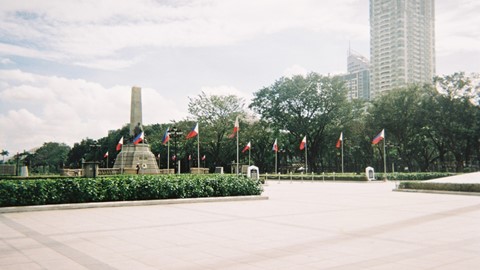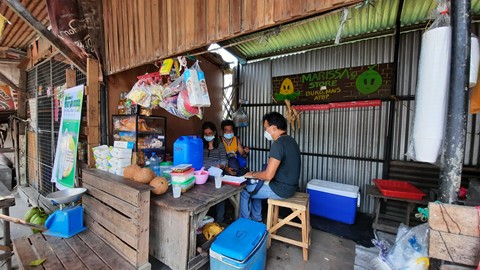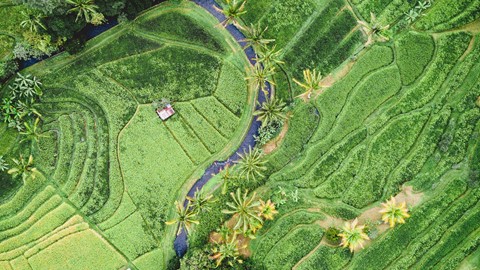Our work on this thematic area involves:
TA to the Biodiversity Conservation and Management of
Protected Areas in ASEAN (BCAMP), EC, 2017-2023
In ASEAN countries, this project successfully enhanced biodiversity conservation and made effective the management of each nation’s protected areas. It provided technical support to the ASEAN Center for Biodiversity (ACB) primarily to reduce biodiversity loss. Site-level interventions improved biodiversity conservation and protected area management, as well as supported the ASEAN Heritage Parks (AHP) Programme. National interventions emphasised the mainstreaming of biodiversity conservation and protected area management in development plans and educational systems among ASEAN countries by using and developing scientific knowledge as basis for biodiversity conservation.
On a regional level, the project highlighted capacity building and training, and capitalised on the institutional strengthening of the ACB as a regional mechanism that supported the ASEAN regional agenda on biodiversity.
Mindanao Irrigation Development Project, ADB, 2020-2021
The project will assist the Government of the Philippines to increase productivity and climate resilience of irrigated agriculture in Mindanao by (i) Strengthening irrigation planning, design, and management capacities; (ii) Developing efficient and climate resilient irrigation systems;
and (iii) Adopting climate resilient irrigated farming practices. The
NIRAS-led consortium provides expertise and resources for international experts in water resources, agriculture development, GIS/asset management, climate change and social development specialists.
Climate Adaptive Integrated Flood Risk Management (CAIFRM) Project
As a regional hub for the ADB market and as the consortium lead, the Manila office is providing management support to the project. The project will identify and develop opportunities to build climate-resilient Flood-Risk Management (FRM) infrastructure in the Red-Thai Binh River and the Ma River and help the Vietnamese government implement their FRM plan.
Philippines: Protecting and Investing in Natural Capital in Asia
and the Pacific - Public Awareness and Demand Reduction, ADB,
2019-2020
This project combatted organised environmental crime in the Philippines through three key components: NIRAS’s role was to implement the third component of the project, focussing on Public Awareness and Demand Reduction. The component aimed to (1) increase public awareness of the direct impacts of illegal wildlife trade on biodiversity and ecosystem functioning and services and (2) implement demand reduction measures
for at least two priority illegally traded wildlife species in the Philippines.
Some of the outputs provided to achieve the outcomes include a nationwide survey to understand the demand for illegal wildlife and trends in consumer behaviour. Despite the challenges in data collection during the strict COVID-19 related restrictions in the country, our experts have managed to develop innovative knowledge product solutions to advance data collection without face-to-face interaction. An innovative Economic Valuation paper highlighted the larger value of wildlife to society beyond its physical attributes. A Communication, Education, and Public Awareness Campaign (CEPA) helped increase awareness on the effects of illegal wildlife trade and inspire stakeholders into action and to influence and effect societal and legislative changes. While a Consumer Demand Reduction Study (CDR) analyzed the effectiveness of the campaign and highlighted areas that needs strengthening in succeeding wildlife advocacy campaigns.
The three knowledge products and a social media video from the CEPA campaign was recognised during the Annual Global Wildlife Conference as the "Most Useful Project Resources" in a series of 5 mini-competitions involving 36 projects spanning 31 countries.
Support to the Philippines in Shaping and Implementing the International Climate Change Regime (SupportCCC II) GIZ, 2016-2018
The project supported the Government of the Philippines in developing renewable energy resources and integrating the electricity into the national grid. Main services rendered included renewable energy policy implementation and energy market design, integrated energy planning and renewable energy integration. The NIRAS-led consortium provided technical advice to the Department of Energy for data modelling and analysis, studies, development of technical reports and development of training modules and sessions with the objective of facilitating the implementation of climate change policies at national and sub-national levels and promoting the usage of renewable energies (RE).










